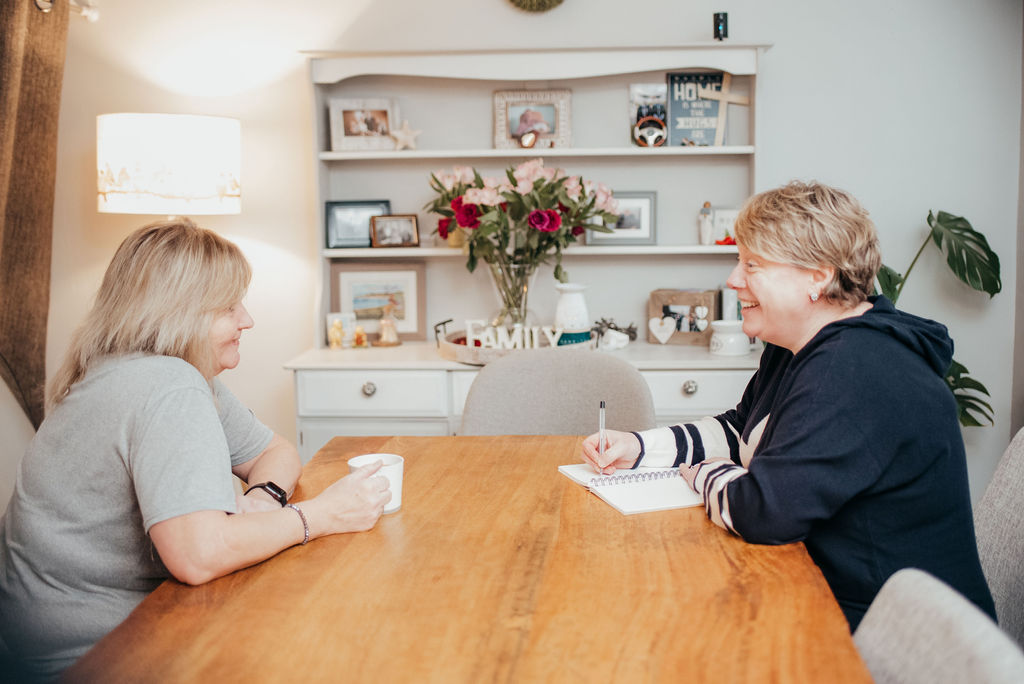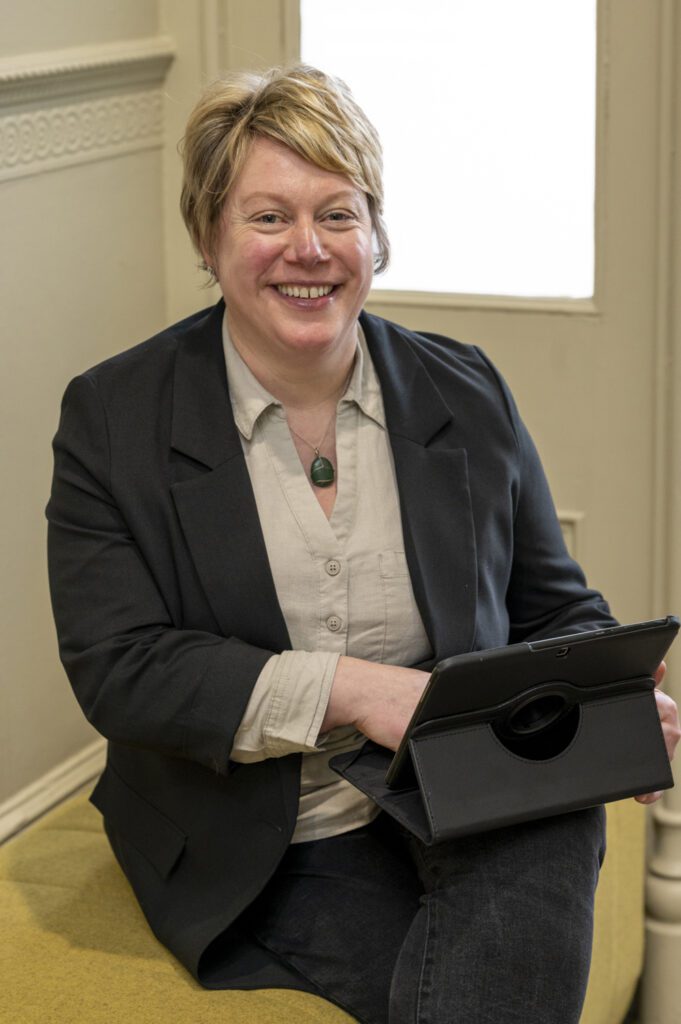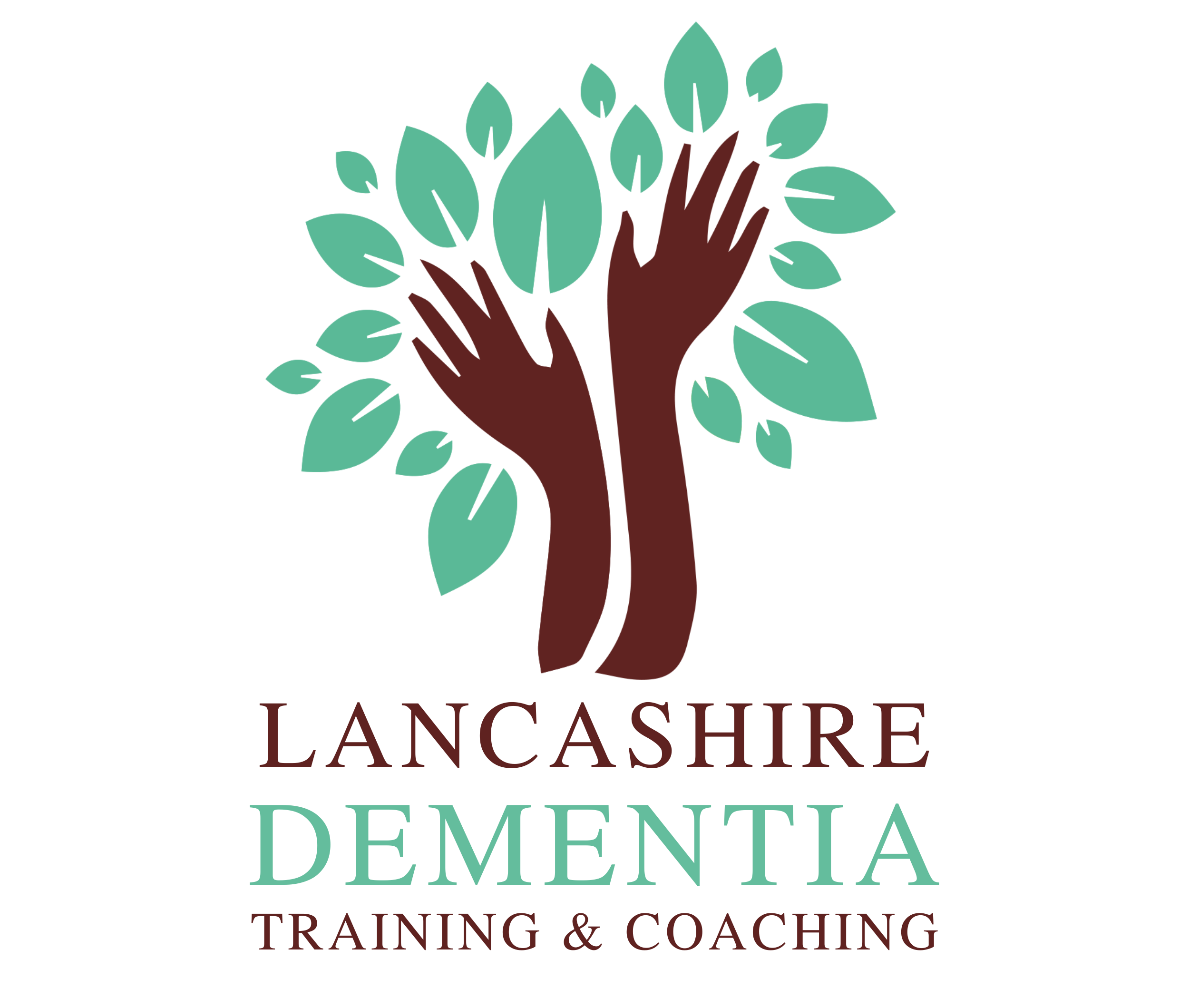
Supporting Carers
“I DIDN’T SIGN UP FOR THIS”
If you see a carer having a difficult time. The biggest gift you can give them is time to listen.
Not…
“I know what your going through”
“Have you tried xyz”
“Things will get better”
Most family carers have heard it all before, they are doing the best they can with what they have.
Caring for family members is not easy. Dementia and becoming a carer is not what they sign up for. They are trying to navigate a broken system whilst managing the many emotions which come in waves. Offer time and space for them. Be kind. We don’t know what it is that is keeping the person together. It’s usually the smallest of things of hope and positivity that can get them through the day. A smile from a stranger, someone to do the shopping, make a meal or to sit with the person they care for while they can have some time to do things like, go to the hairdressers/dentist/hospital appointment.
Family carers are going through a change of relationship with the person they care for as well as trying to manage the emotional roller coaster of grief and loss. Many family carers are a wife, husband, partner, daughter, son and a grandchild. The role of ‘carer’ changes the identity of a person, and it can have long lasting effects. This change can be difficult to adapt to for many people. It’s a lonely place which can bring along feelings of guilt, resentment, and family conflict.

Usually one or sometimes two family members take the lead. Dealing with all the doctor/hospital appointments, day to day running of the house eg. shopping, meal making and managing finances whilst balancing their own needs. Many daughters and sons have their own families and work responsibilities. These ‘sandwich carers’ can have different challenges as family carers and are equally open to emotional burnout as a spousal carer. It’s not what they signed up for.
As family conflict and resentment can build up, especially when family members/friends visit and say things like:
“They don’t seem too bad”
“They look okay”
“Do they really have dementia?”
This can leave the family carer feeling undervalued and even more alone. The responsibility weighs heavy.
Knowing there are people out there who understand and empathise can make it easier.
For family carers:
- Reach out for support. Build up your army of supportive people and services that you can tap into when you need to.
- Recognise the painful feeling you are experiencing and offer some self-compassion and kindness to yourself as you would a friend going through similar circumstances.
For others watching from the side lines:
- Send that support message.
- Don’t judge.
- Offer time and space for them to talk.
If you would like a chat to “get things off your chest” or ask questions. Please feel free to book a free 30 minute zoom or telephone call.

About Lancashire Dementia Training and Coaching
Hi I’m Rachel, and I’m a dementia coach. I run Lancashire Dementia Training and Coaching and I have 18 years experience working in health and social care.
Having personal family experience of caring for a loved one living with dementia. I appreciate the challenges, the emotional uncertainties and impact it can bring. This experience means I have refined theory and practice.
I am a heart led, compassionate person who listens with empathy to understand and provide safe confidential spaces for people to talk.
I am passionate about raising awareness of dementia and sharing dementia knowledge to empower others.
These methodologies can help us make sense of our thoughts, beliefs, wishes and feelings; and how these link to our actions and behaviours
